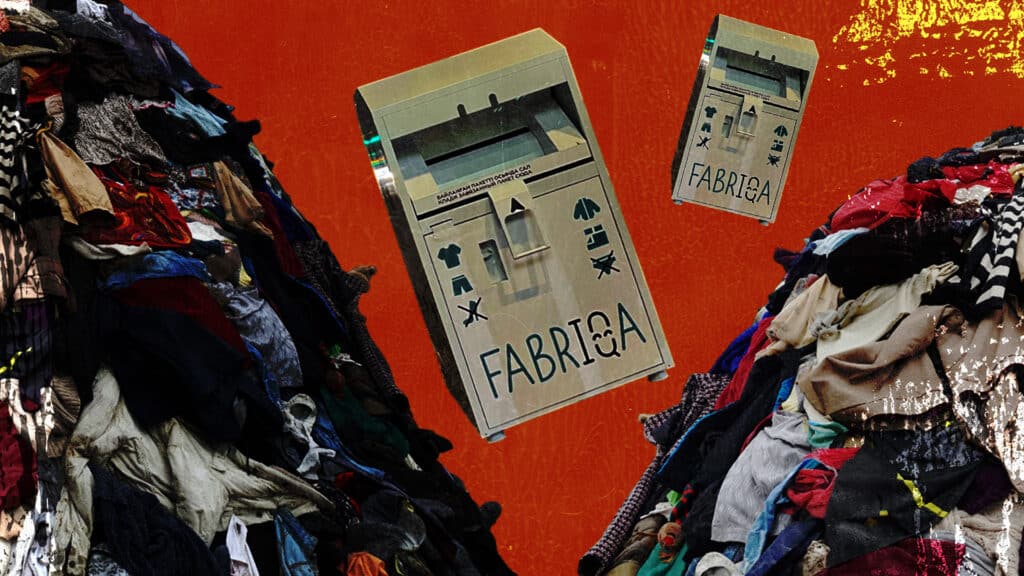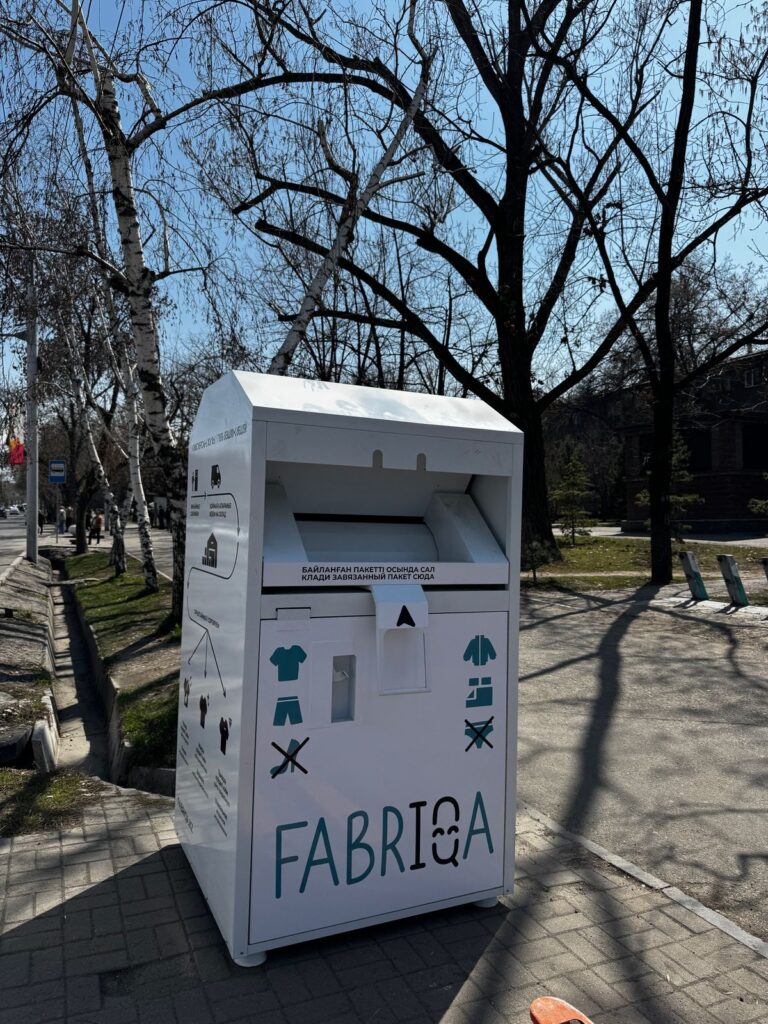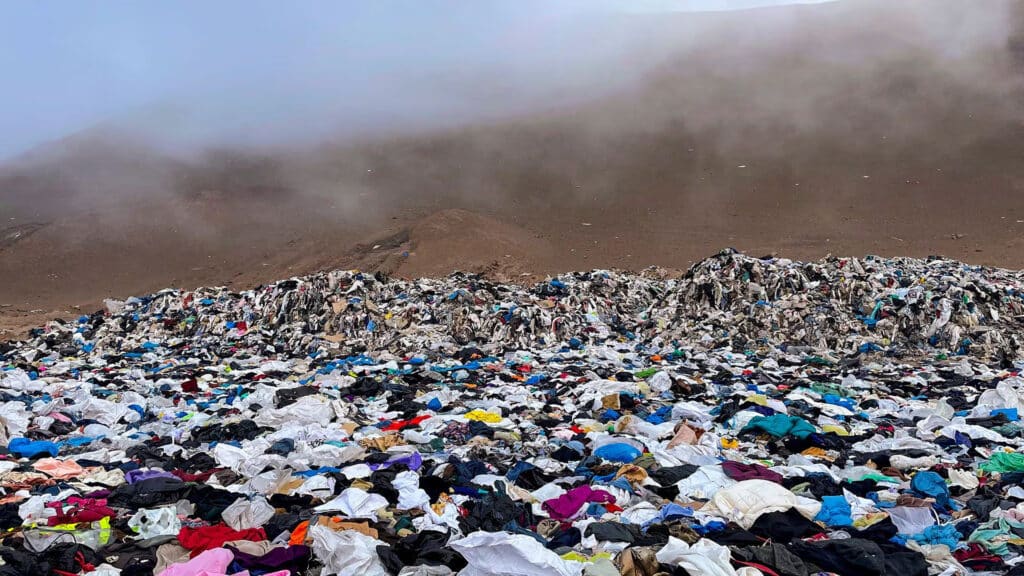
A new environmental initiative called Fabriqa, aimed at collecting used textile products for recycling, has been launched in Almaty. In its first month of operation, environmentally conscious residents have donated more than 20 tons of clothing through 18 specially designed Fabriqa street containers. The project’s authors already plan to expand this network by installing 22 additional containers all over Almaty.
More than 20 tons of garments — with underwear and shoes not accepted — have been collected since the project’s launch and sent for recycling across various facilities located in the city. Recycled textiles are used for the production of regenerated fiber and cleaning cloths used in many industrial sectors. Around 13% of the collected garments turned out to be suitable for second use. These were donated to charity projects.

According to Fabriqa, recycling of clothes donated by Almaty residents prevented the emission of more than 74,000 kilograms of carbon dioxide equivalent, an amount which would require 3,730 trees to absorb it over the course of one year. In the future, initiators of the project plan to collect 120,000 kilograms of textile waste monthly, encouraging Kazakhstanis to recycle and consume consciously.
One of the consequences of fast fashion culture is giant clothing landfills, including one of the most well-known in Chile’s Atacama Desert, a region also famous for stargazing. In 2022, the country, home to one of the most important tax-free ports in South America, received more than 131,000 tons of garments, 70% of which were dumped at the landfill.

It is important to understand that every stage of clothing production causes damage to aquatic, terrestrial and atmospheric ecosystems, including the emission of greenhouse gases and toxic waste. The only way to address the problem is to change consumers’ attitudes toward the environment, making them more ecofriendly.

